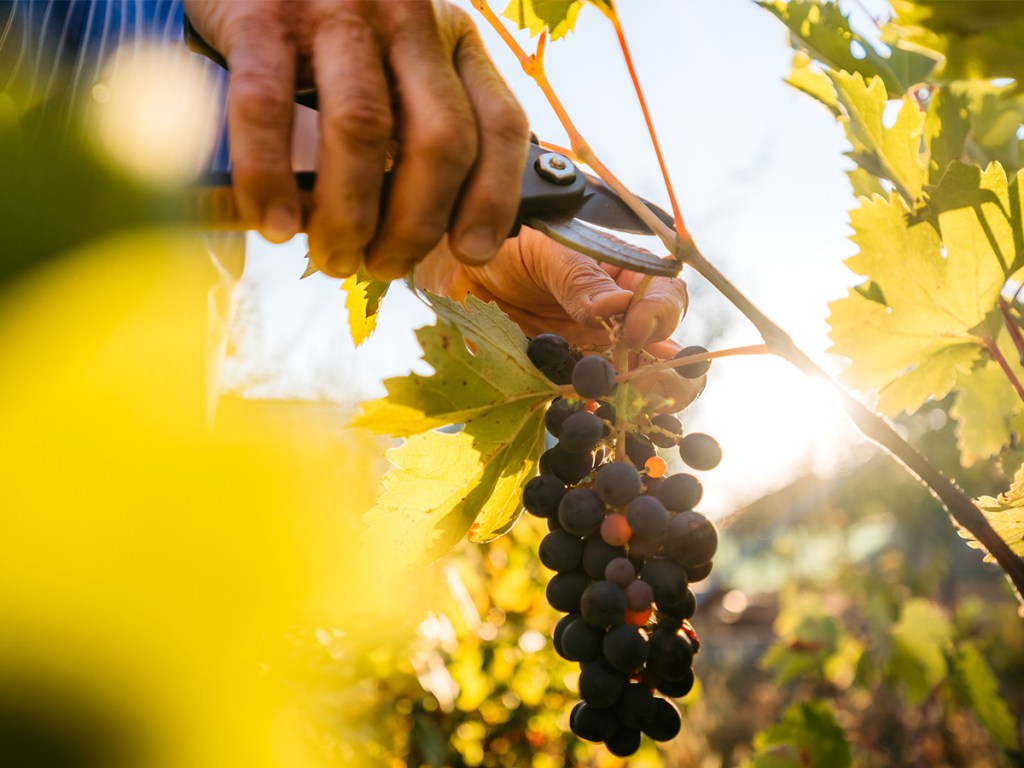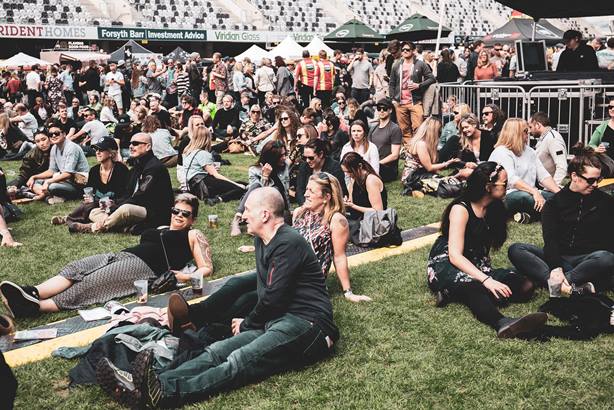With Organic Wine Week taking place this week, Sarah Booker from Organic Winegrowers NZ reports on the recent growth of this category.
Organic grape-growing is vital to wine quality, land health, and worker and consumer well-being. Consumers are now asking the important questions and their decisions to choose organic is feeding the growth of the organic and biodynamic wine industry.
In New Zealand…
As of January 2020, more than 10% of New Zealand wineries hold organic certification, with organic and biodynamic wine making up approximately 6% (by volume) of the total wine in New Zealand.
If we look at specific regions, Central Otago is leading the way. A detailed survey of growers in the region revealed that 17% (320ha) of vineyard in the region is now fully certified in organic/biodynamic production and an additional 6% (115ha) of the region is in the official three-year organic conversion process, where land must be managed to a certified organic standard for three years before full organic status is granted.
This means that an impressive total of 23% of the Central Otago’s vineyard area is now being farmed under certified organic or biodynamic practices.
In addition, one of the country’s largest and most famous wineries, Villa Maria Estate, has an goal of 100% organic for all its vineyard area by 2030.
We are seeing these sort of targets industry-wide, as organics resonates so strongly for our grapegrowers and winemakers. And it’s not only because it ties so strongly into the New Zealand ethos of caring for our land, for our place and for our people, but also our growers often report an increase in wine quality after becoming organic.
The annual Air New Zealand list of the country’s top fine wines revealed that of the 67 wines selected, 30% were certified organic.
Globally…
How does New Zealand compare to international organic wineries in terms of numbers, production and exports?
According to the Organic Trade Association (OTA), the global market for organic beverages grew to 10.5% in 2017, with almost one billion bottles of organic wine expected to be consumed around the world by 2023, more than doubling from the 441 million bottles recorded in 2013.
In 2018, organic wine accounted for 2.6% of global wine consumption, and this is expected to rise to 3.5% by 2023.
In the world’s top five wine consuming countries – the USA, France, Italy, Germany and China – the organic wine market was worth €3.3 billion (NZD$5.975 billion) in 2018.
In 2016, the top three countries producing organic vineyards by hectares were Spain, with more than 100,000 hectares; Italy, with around 85,000 hectares; and France with around 70,000 hectares.
These three countries represent 73% of all organic vineyard in the world. Soon, China will become
the first in terms of area, with a significant part of its vineyard in conversion.
Consumers’ opinions…
Consumers’ opinions on all things organic have changed dramatically in recent times and it’s also clearly happening in the wine sector.
Latest research from Wine Intelligence put organic wine as the top alternative style that both the trade and consumers are looking to buy.
According to figures published by IWSR last year, almost 10% of all wine sold in the UK will be made organically by 2022. Major retailers, such as Waitrose, have revealed that sales of organic wines are rising, with the supermarket reporting a 57% year-on-year rise last year.
“There is a strong appetite for all things organic, and consumer awareness is increasing exponentially,” says Clive Dougall, chair of Organic Winegrowers New Zealand. “People want to know what they are consuming, and they want to know the product they are choosing has been made with little to no negative impact on the environment.”
Among the high profile, big brand launches include leading New Zealand wine brand Brancott Estate, which launched a new organic and vegan Living Land wine range in a number of overseas markets and have just released an organic range in New Zealand under the Stoneleigh label.
Harnessing the momentum we are currently seeing for the demand of organic wine and making it the new normal for our country’s growers and consumers, OWNZ is celebrating organic wine during the week of September 21-27, where exceptional examples of organic wine will be highlighted through a series of events and tastings.
For more information, head to www.organicwinenz.com/organicwineweek
This article was originally published in the September issue of The Shout NZ, which can be read in full online here.
Did you know?
There are 6 ways you can catch up with The Shout NZ?
Our print magazine – back this month! Subscribe here.
Online, updated daily with its own completely unique content and breaking news.
Our weekly newsletter – free to your inbox! Subscribe here.
Our digital magazines – the latest issues are online now, here and here.
We are also on Facebook and Instagram!





